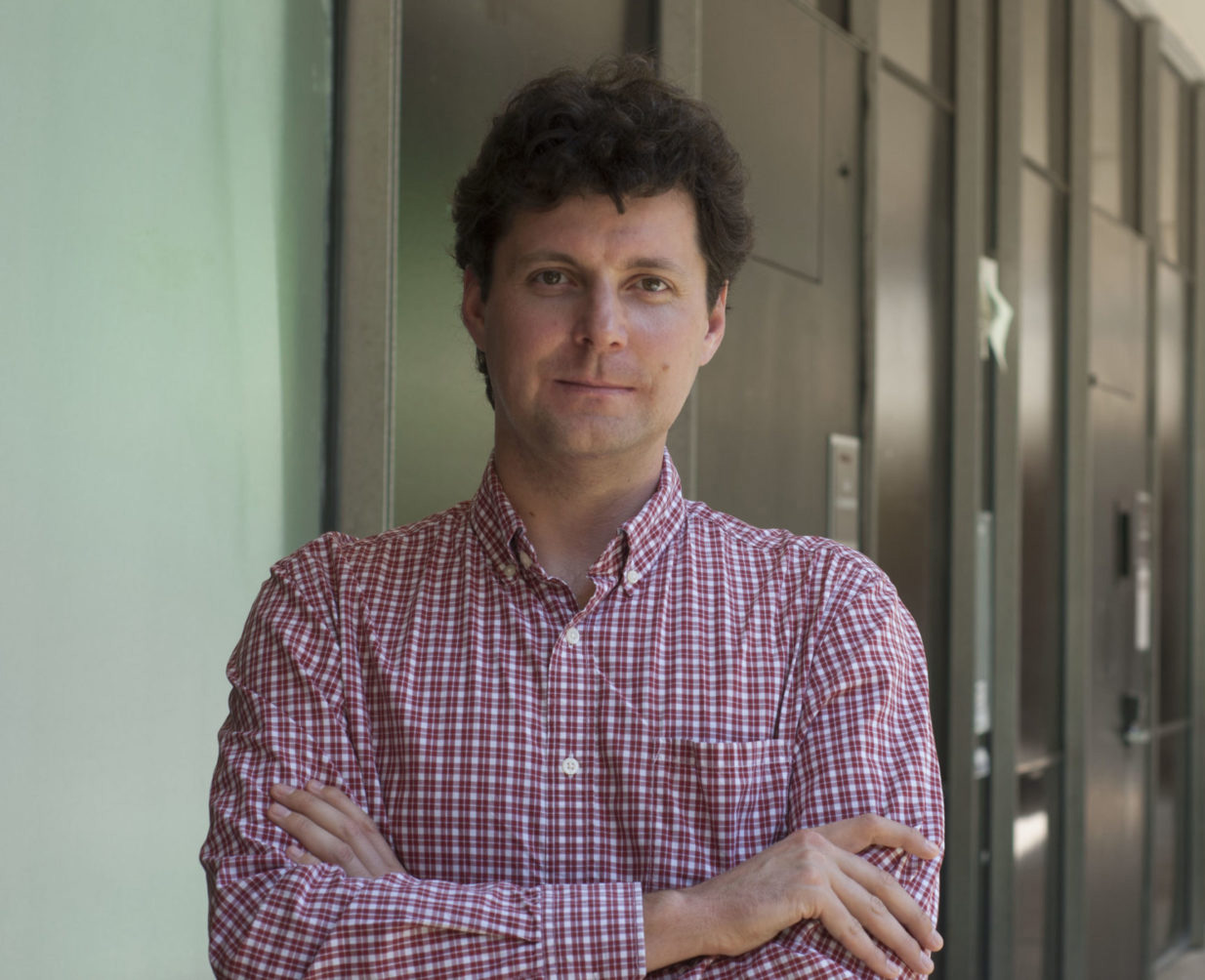The goal of this project is to improve how perception uncertainty is modeled in Cyber-Physical Systems (CPS). Complex autonomous CPS, from airplanes and unmanned aerial vehicles to future self-driving cars, permeate our daily lives. These systems consist of many interdependent components operating in highly uncertain environments and exhibiting complex dynamics. This interdependency makes not only their modeling harder but also quantifying their robustness more difficult. A single undetected faulty reading in sensors, delay in processing or error in communication protocols can lead to catastrophic events such as airplane or car accidents. Such events can lead to loss of life as well as fear or loss of confidence in the public. The approach of this project is to consider uncertainty as a function of time, rather than static estimates, which will enable researchers to quantify the robustness of the overall system. The broader impacts of the project include organization of a drone competition to be held at the University of Southern California (USC).
The modeling of uncertainty and reasoning about the robustness of highly complex CPS designs is crucial. While post-hoc analysis calls for improving sensing technology or fault tolerance through redundant sensors (or sensor fusion), in this project, we construct mathematical and algorithmic foundations to address research challenges in (1) mathematical models of time-varying uncertainty; (2) modeling of interdependent CPSs for analysis of interdependence as well as environment uncertainty; (3) quantification of robustness against such uncertainty; and (4) design of control strategies for these systems. Our approach is to develop a temporal logic-based framework for these complex interconnected CPS models. Augmenting formal specification techniques based on temporal logic with notions from statistics and information theory enables our framework to engineer high-confidence CPS applications that are adaptable and resilient.
